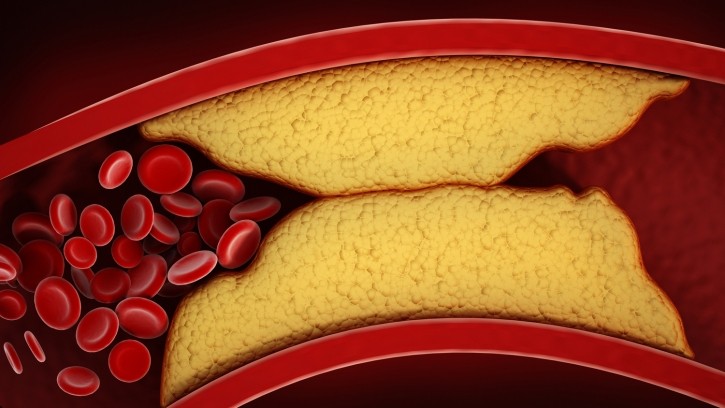Real-life data highlights need for patient-centered management of unhealthy cholesterol

Presented at ISPOR 2024, the findings emphasize the need for integrating patient needs and preferences into strategies for managing unhealthy cholesterol (low-density lipoprotein cholesterol or LDL-C).
The community-led research, a first of its kind by Global Heart Hub, aims to drive action towards changing the course of atherosclerotic cardiovascular disease (ASCVD), the leading cause of mortality worldwide.
Neil Johnson, executive director of global heart hub, said: “ASCVD remains a significantly under-recognized disease that continues to grow on a global scale and deserves urgent attention as a public health priority. We believe it’s time to take a different approach in how we address unhealthy cholesterol given that it is a critical modifiable risk factor for ASCVD.”
Launched in August 2023, IPEC was designed to better understand the experiences, opinions, and needs of individuals whose cholesterol levels are not at target, including those who have been hospitalized for an ASCVD event. Lowering LDL-C levels plays a crucial role in reducing the risk of ASCVD events.
The ISPOR data analysis focused on interviews with 16 US patients, revealing several key findings. There was a notable lack of awareness and understanding about the cardiac risks associated with high LDL-C among those interviewed. Many patients prioritized the management of co-occurring medical conditions over high LDL-C, resulting in less emphasis on cholesterol risks during discussions with healthcare providers.
Consequences of unhealthy cholesterol levels
Most instances of high LDL-C were diagnosed during routine health check-ups. However, some patients did not access healthcare services until they experienced signs and symptoms associated with ASCVD or a symptomatic co-occurring condition. Patients also faced challenges adhering to lifestyle changes and medications recommended by their healthcare providers due to factors like work schedules, travel, and out-of-pocket costs for medicines and healthcare.
The findings highlighted the importance of family support and the proactive integration of lifestyle changes into daily routines, which made adherence to treatment easier. Patients expressed a preference for treatment options that support adherence through a less frequent regimen, minimal side effects, and specific dosing methods like injections or patches.
Celina Gorre, chief executive officer of WomenHeart and IPEC Steering Committee member, emphasized, “With these findings from IPEC, we have gained important insights directly from patients in the US about their needs and preferences to support the delivery of optimal care. To truly address the consequences of unhealthy cholesterol levels and improve clinical care and patient outcomes, the patient voice must be integrated across the entire decision-making process.”
The qualitative patient experience findings were also highlighted as a best-methods case example at the ISPOR Patient-Centered Research Summit co-located at this key international meeting. The IPEC data generation program is a pillar of Invisible Nation, Global Heart Hub’s advocacy program aimed at addressing the risks of ASCVD-related heart attacks, strokes, and deaths among more than 500 million people worldwide.
As part of this ongoing effort, the Global Cholesterol Action Plan was created to continue activating change to address unhealthy cholesterol levels, supported by the global patient community.

















